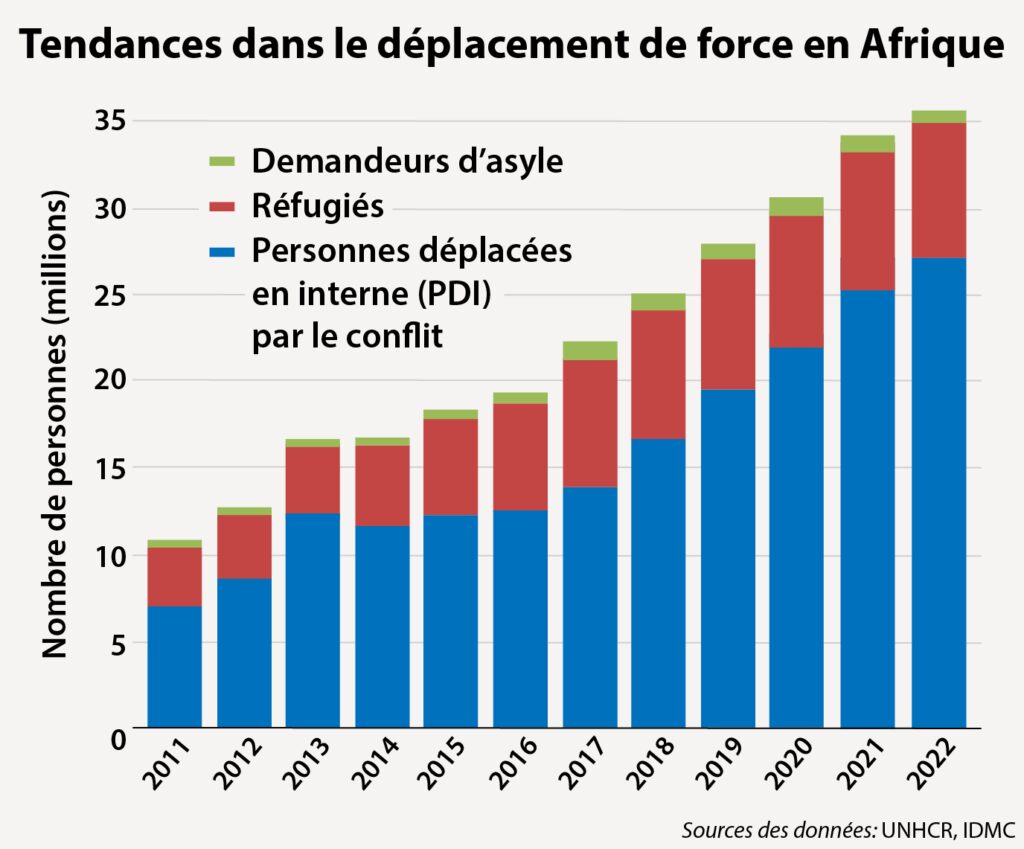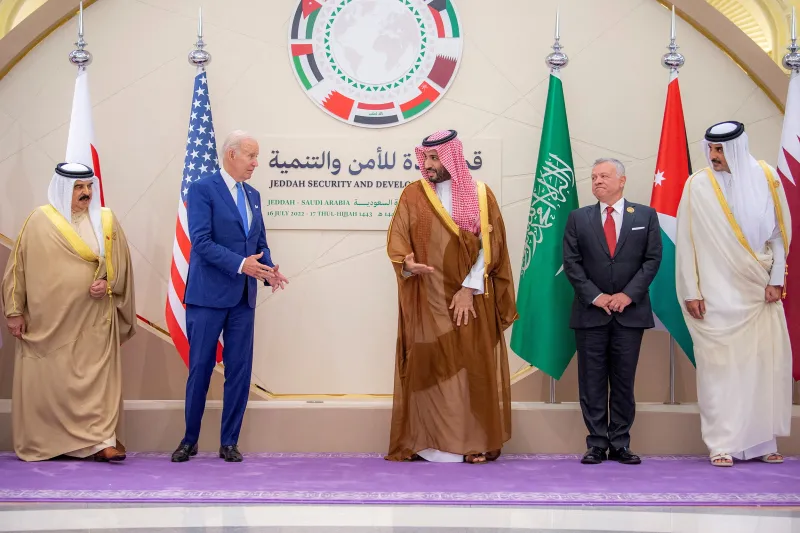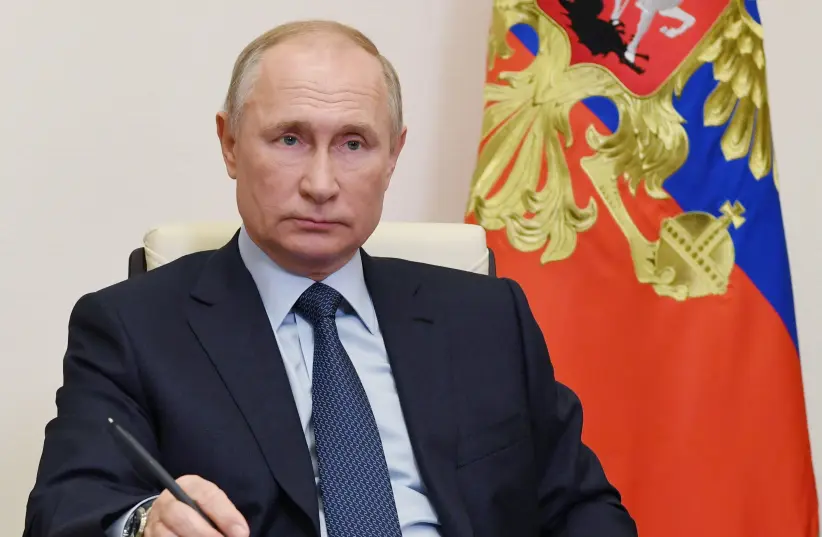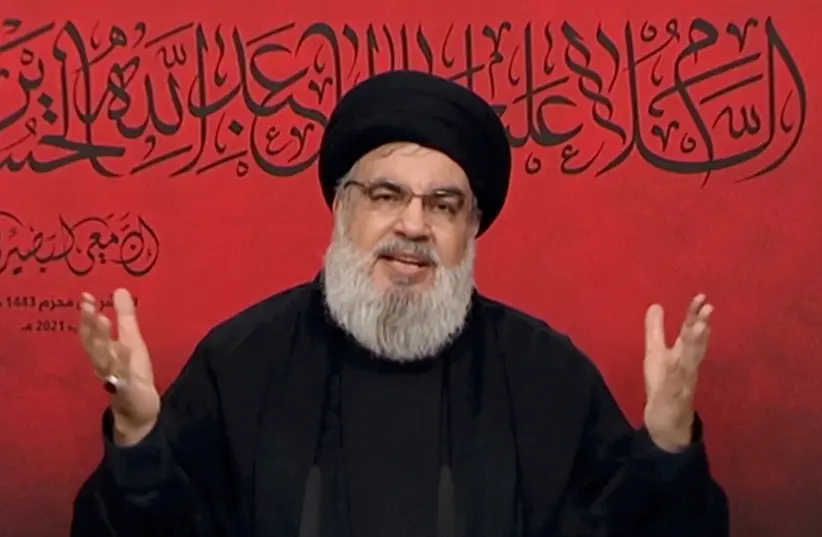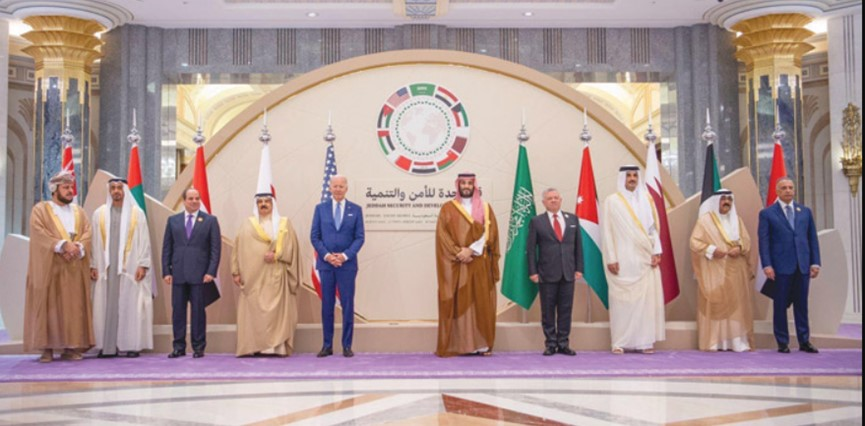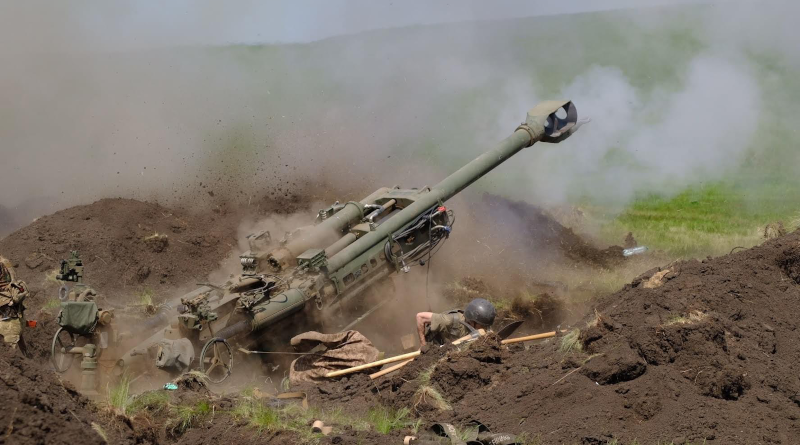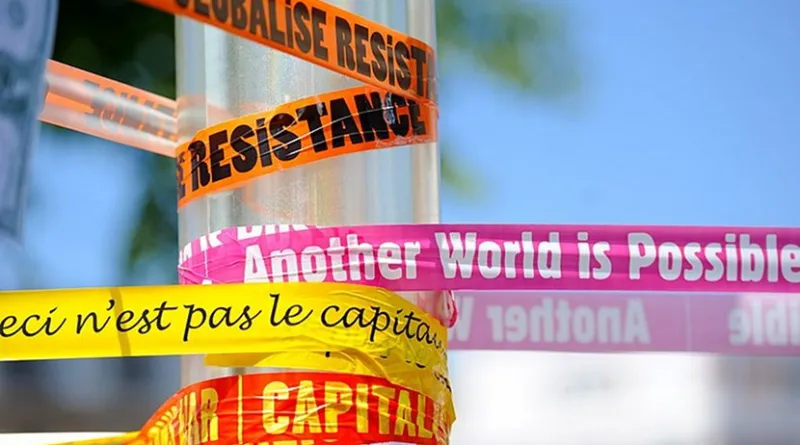La situation en Libye demeure « très volatile », explique l’ONU au Conseil de sécurité

La situation sécuritaire en Libye « reste encore très volatile », et la « politisation » du contrôle de la compagnie nationale de pétrole aggrave une « situation économique désastreuse », a rapporté la Sous-Secrétaire générale de l’ONU pour l’Afrique, Martha Pobee, devant le Conseil de sécurité ce lundi.

